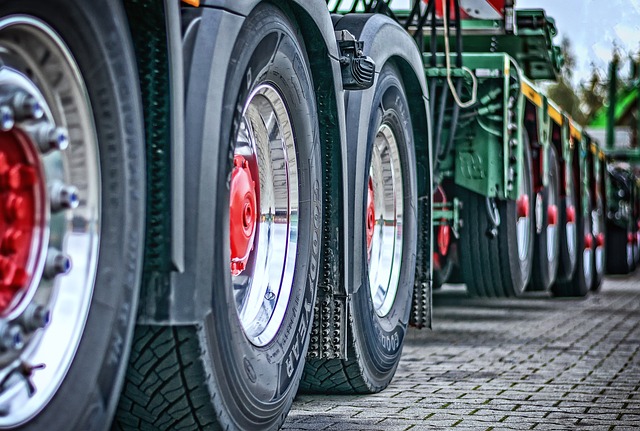Hauling cars is vital to the auto industry. It ensures that vehicles reach dealers, auctions, and buyers in great condition. However, understanding the rules for car haulers can be complex. This is especially true for the need for a Commercial Driver’s License (CDL).

What is car hauling?
Car hauling entails transporting vehicles using specialised trailers. This process is crucial. It moves new cars from manufacturers to dealerships. It also moves vehicles for customers. It transports cars for auctions and auto shows. The job requires a deep understanding of car hauling requirements, including load security, route planning, and following safety rules. To ensure that vehicles arrive without damage, we must do this.
Do car haulers need a commercial driver’s license?
A common question for many aspiring car haulers is whether they need a CDL. The weight of the vehicle and the trailer, along with the type of hauling, determines the answer.
- Vehicle and Trailer Weight: If the aggregate weight of the towing vehicle and trailer exceeds 26,001 pounds, a CDL is required by the FMCSA. Many car haulers surpass this threshold. They do so, especially those using heavy-duty trucks and large trailers. This makes a CDL necessary.
- Type of Hauling: It is common to need a CDL to carry commercial vehicles. This includes hauling cars for dealerships, auctions, or a vehicle transport service. Moving a personal vehicle with a small trailer may not require a CDL. This is the case if the weight limits are not exceeded. Yet, commercial activities cause a CDL to ensure adherence to regulatory standards.
Classes of CDL
CDLs have different classes. Each is for a different type of vehicle or trailer.
- Class A CDL: It applies to vehicles that have a GVWR of 26,001 pounds or above. This includes a towed vehicle over 10,000 pounds. Most car haulers fall into this category.
- Class B CDL: For single vehicles with a GVWR of 26,001 pounds or more, or towing a vehicle that’s not heavier than 10,000 pounds. This is less common for car haulers, but it’s applicable in certain scenarios.
- Class C CDL: It’s for transporting hazardous materials or carrying more than 16 passengers. This class is generally not relevant for standard car hauling operations.
Extra requirements for car haulers
Besides the CDL, there are many other key rules and regulations. Car haulers must follow them.
- Car haulers need enough insurance. It protects against damage during transit. This usually includes liability insurance. It also includes cargo insurance and damage coverage. This ensures its full protection.
- You may need more permits and licenses. It depends on the state where you operate. Interstate hauling requires compliance with state regulations. This makes it important to get the right documentation.
- This includes learning to load and secure. It means understanding weight distribution and following safety standards. These steps cut risks and improve service.
Safety and compliance are important.
Safety is paramount in car hauling. Securing vehicles to the trailer is crucial. It’s preventing accidents and ensuring safe transit. This involves using the right equipment, like wheel straps and tie-downs. You must also inspect the vehicles and trailers for any signs of wear or damage. High safety standards protect the cargo. They also improve the service’s reputation.
Compliance with federal and state regulations is important. Heavy penalties, legal trouble, and reputational harm could come from not following the rules. Keep up with the latest regulations. Keep careful records of your operations.
This can help reduce these risks. Regular audits and inspections are best practices in this field. They ensure that every part of the operation meets the required standards.
Conclusion
It’s a specialised field with specific requirements. Understanding if you need a CDL is a key step. Usually, you need a CDL if your vehicle and trailer together weigh more than 26,001 pounds. You also need one if you’re hauling cars. Additionally, you must adhere to insurance requirements. You must get the necessary permits.
You must focus on safety and compliance. These tasks are essential for a successful car-hauling operation. Car haulers can ensure efficient, safe, and legal vehicle transportation. They do this by meeting these requirements.
Good training and staying informed about rules can help your car-hauling business. You may be an independent hauler or part of a larger transport company. Meeting these standards will help you build trust with your clients. It will also ensure the long life and success of your operations.





Comments are closed.